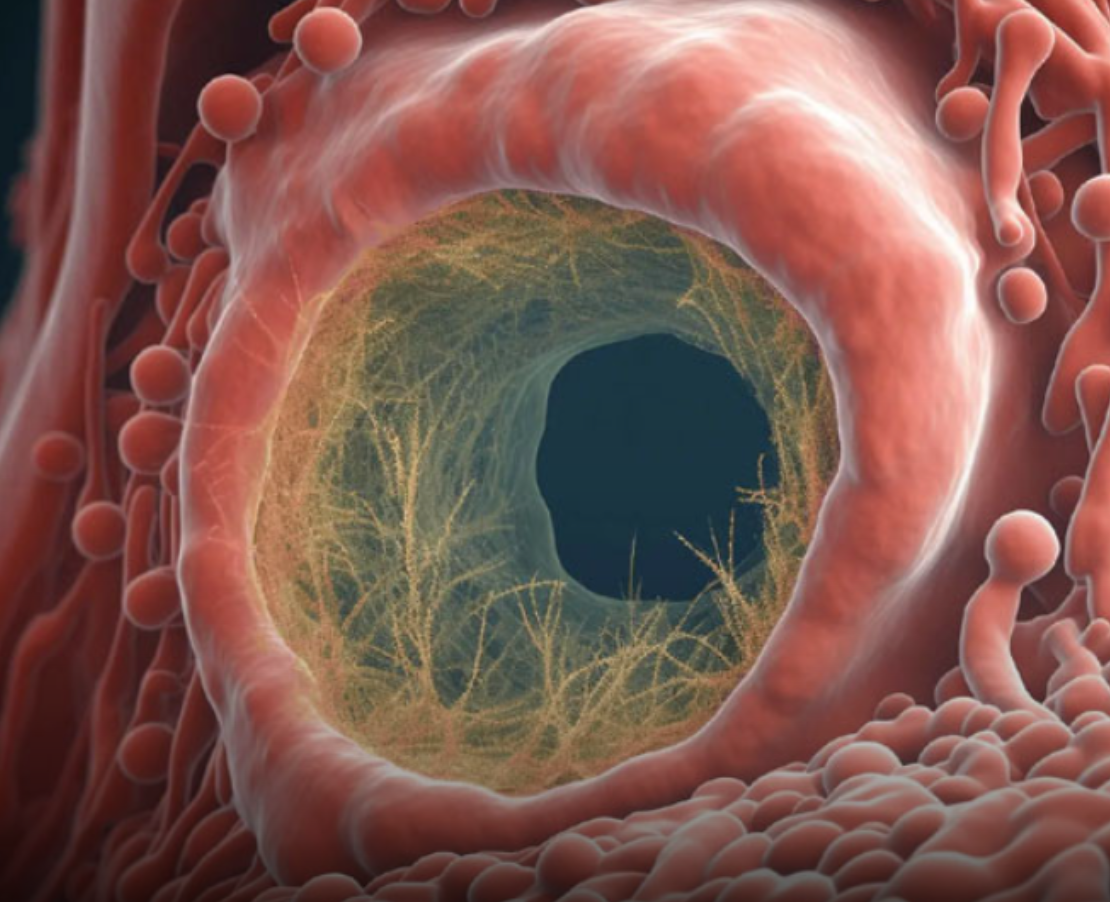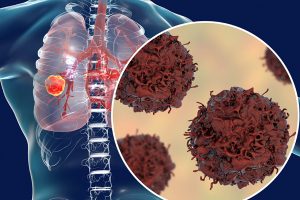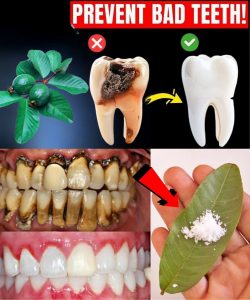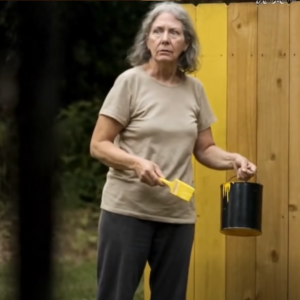
Top 3 Ways to Treat Tooth Decay with Guava Leaves – Simple and Cost-Effective
When people think of guava, they usually picture the sweet tropical fruit. But few realize that the leaves of the guava…

Mr. Trung Nghia, 29 years old, has had an unstable digestive system since childhood, but has never had a general check-up. For about a month now, he has been going to the bathroom 1-2 times a day, with loose stools.
Initially, the doctor did not seem too worried about the symptoms because they were common in many digestive diseases. However, when he told her that his mother and sister both had colon cancer, and that his mother had passed away from the disease, the doctor immediately ordered a digestive endoscopy.
The results shocked many people: hundreds of polyps were found in Xiao Liu’s intestines, with a high suspicion of hereditary adenomatous polyposis. Some of the polyps had progressed to adenocarcinoma, even metastasizing to the liver. He is currently receiving intensive treatment at the hospital.

Colon polyps are a precancerous sign that is often overlooked because of their vague symptoms (Illustration photo)
Why is it easy to form polyps in the intestines?
Colon polyps are small, abnormal growths that grow on the lining of the colon. About 85% of colorectal cancers start as polyps. It can take 5-10 years for a polyp to turn into cancer.
According to Dr. Luu Tu Duc, Head of the Department of Gastroenterology – Nam Phuong Hospital, Southern Medical University (China), the specific cause of polyps is still unclear, but may be related to the following factors:
– Age: The older you are, the higher the risk of polyps appearing due to aging of the mucosa and reduced ability to repair cells.
– Diet: Eating a diet high in fat, animal protein and low in fiber increases the risk of polyps. People with a fat content of >40% in their diet have a significantly higher risk.
– Chronic inflammation: Diseases such as chronic colitis, ulcerative colitis or Crohn’s disease cause prolonged irritation of the mucosa, easily leading to polyp formation.
– Genetic factors: 10-27% of colorectal cancer patients have a family history of the disease. If someone in the family has had adenomatous polyps, the risk of developing the disease increases.
– Intestinal microflora disorders: Imbalance of beneficial and harmful bacteria can cause chronic inflammation of the intestinal mucosa, creating conditions for polyps to form.

4 warning signs of colon polyps when going to the toilet
When polyps appear in the colon, the body can send out some warning signals, which need special attention:
Bloody stools
This is a common symptom. The stool may contain dark red blood due to friction between dry stool and the polyp. In some cases, the blood is only detected on a stool test (positive for occult blood).
Polyps protruding from the anus
Pedunculated polyps, located near the anus, may be pushed out during bowel movements, appear bright red, and then retract on their own.
Change in bowel habits
Large polyps or polyps in special locations can affect intestinal motility, causing bowel disorders such as tenesmus, diarrhea, constipation, or both.
Stomach-ache
Polyps that are irritated when the bowel contracts can cause sudden cramps and pain in the abdomen, which then subsides when the bowel stops being so active.
What to do when polyps are detected?
When a polyp is detected during endoscopy, doctors often recommend removing it as soon as possible to prevent complications. Many cases of colorectal cancer do not have obvious symptoms in the early stages, and by the time they are detected, they are already in an advanced stage.
A study published in The Lancet Gastroenterology & Hepatology with more than 100,000 participants showed that all types of polyps have the potential to develop into cancer.
Doctor’s recommendation:
– Normal people should have a colonoscopy every 5 years after the age of 50.
– If polyps are found, they should be re-checked every 3 years.
In particular, two types of polyps have a 100% risk of becoming cancerous:
Adenomatous polyps
Familial polyposis → Need to be removed immediately if detected.

What can be done to prevent polyps from turning into cancer?
Although most polyps are benign, patients still need to pay attention to prevention by:
Eat lots of green vegetables and fresh fruit
Rich in fiber and vitamins, helps increase intestinal motility, eliminate toxins, and balance intestinal microflora.
Drink enough water every day
You should maintain about 1.5 liters of water/day (as prescribed by your doctor if you have kidney disease), to help purify and soften stools.
Increase physical activity
Regular exercise helps strengthen the immune system and boost metabolism. Adults should exercise 150 minutes per week (fast walking, swimming, jogging…).
Advice: If your body shows unusual signs when going to the toilet, especially if you have a family history of digestive diseases, do not be subjective. Early screening is the best way to detect polyps and prevent cancer from the beginning.

When people think of guava, they usually picture the sweet tropical fruit. But few realize that the leaves of the guava…

Precious medicinal plants grow in gardens without being planted and are beneficial to health in many ways. Few people know…

Doctor said: Early stage lung cancer symptoms are not chest pain but 5 major abnormalities in the body that should…

In the world of country rap and southern rock, Jelly Roll is more than just a musician—he’s a storyteller, a…

The World Health Organization (WHO), the World Heart Federation, and the American Heart Association estimate that heart failure (HF) is…

Tooth decay is one of the most common dental problems worldwide, causing pain, bad breath, and even tooth loss if…

Ingredients: 1 cup blueberries 🫐 1 mango, peeled and sliced 🥭 2 passionfruits, seeds scooped out 🍋…

Ingredients: For the Salmon: 2 salmon fillets 2 tablespoons honey 1 tablespoon Dijon mustard 1/2 teaspoon black pepper 1/2 teaspoon…

I moved to a broken-down farm I’d just inherited, hoping for peace. But when my neighbor copied my yellow fence,…

Ingredients For the Chili: 3 dried guajillo or New Mexico chiles 3 dried…

A hands-on bride, a tender mother’s tribute in something blue, and music drawn from a romantic first movie night came…

The ultra-wealthy are investing in cryogenic freezing, preserving their bodies at ultra-low temperatures with the hope that future science will…